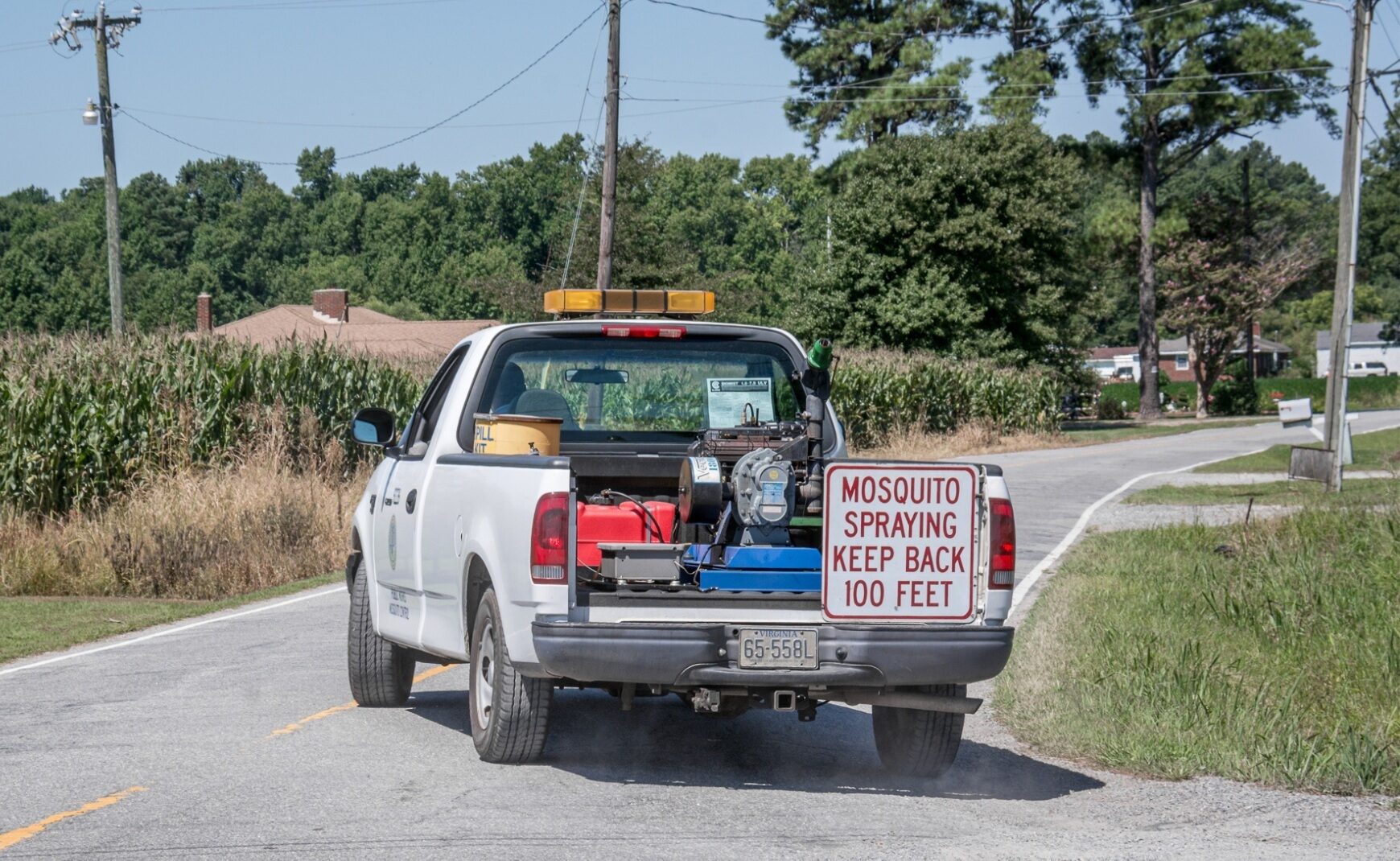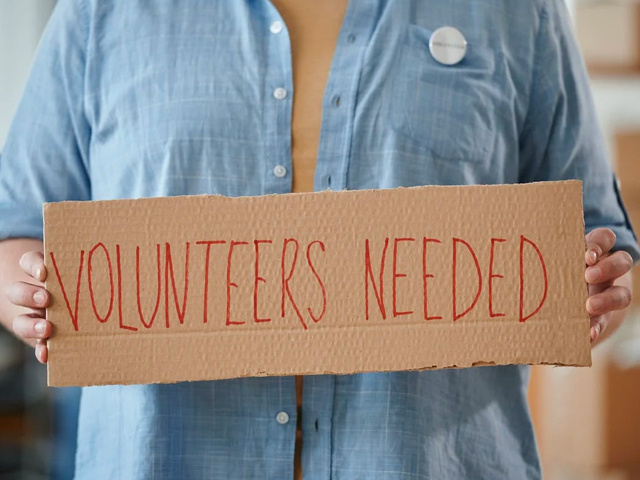Be In The Know
Are You Ready? Mosquito Season Peaks Next Month in Virginia Beach
Learn how to combat not only the annoying bites and itchy welts, but the diseases they spread.

Mosquitoes are more than a summer nuisance, they’re also the deadliest creatures on Earth, transmitting dangerous diseases. In Virginia Beach, the Department of Public Works and the Virginia Beach Department of Public Health work together to reduce the mosquito population, and residents can protect themselves as well.
Mosquito season in Virginia runs May through early November, peaking in July and August. While there are about 60 species of mosquitoes in Virginia, only around 35 species are found in Virginia Beach—and just a few are responsible for most of the biting and disease risk. Locally transmitted viruses include West Nile Virus, Eastern Equine Encephalitis (EEE), and others.
What the City Is Doing
The Virginia Beach Public Works Mosquito Control Bureau takes a targeted, science-based approach to mosquito control. Pesticides are used only when necessary—never as a first option. Here’s how the City works to keep our community safe:
- Ditch Maintenance: Crews clear ditches (November to April) and respond to blockages in summer to reduce standing water, all without using chemicals.
- Larvicide: From May to October, standing water is treated with materials to kill mosquitoes before they mature. Each season, crews treat about 1,000 acres of standing water in this way.
- Mosquito Surveillance: Each week, staff set about 70 traps across the city to monitor mosquito activity. The three different types of traps are designed to attract different mosquito species—some go after daytime biters, others target nighttime species and some collect a wide variety for general monitoring. All mosquitoes collected are identified by species, allowing the City to track population trends, detect invasive species, and focus control efforts where they’re needed most.
- Disease Testing: Once mosquitoes are identified, certain species known to spread West Nile Virus or Eastern Equine Encephalitis are tested for viruses each week. The City maintains a network of sentinel chickens throughout Virginia Beach that are regularly tested for antibodies to detect virus activity early. These findings support a quick response and help target control efforts before outbreaks occur.
- Adult Mosquito Spraying: When surveillance shows high mosquito activity or a confirmed disease threat, targeted nighttime spraying is conducted using truck-mounted equipment. About 500,000-700,000 acres are treated each year.
Spraying Information
- Phone: Call 757-385-1590 after 3 p.m. daily for the nighttime spray schedule.
- Map: View the mosquito spraying map to see where spraying is taking place.
Request a Free Yard Inspection and Treatment
Residents can request a one-time mosquito inspection and treatment from May to October by calling 757-385-1470. The service includes:
- Inspecting the yard
- Advisement on problems and potential breeding sites
- Barrier spraying if adult mosquitoes are found
Note: Consent must be signed by an adult resident before any treatment.
What You Can Do
Mosquitos only need a small about of water to breed and with just a few minutes of yard care each week, you can make a big difference. Make your yard less inviting with these easy actions:
- Tip and toss anything that holds water, such as trash can lids, flowerpots and pet bowls.
- Remove old tires, toys and other clutter from your yard.
- Empty birdbaths or treat with larvicide that can be purchased at any hardware store.
- Clean out gutters and downspouts.
- Drain water from tarps, boats and other flat surfaces.
- Clear ditches and fill in puddles with soil or gravel.
- Use mosquito dunks in any standing water you can’t remove.
- Mow, trim and rake to reduce mosquito and tick hiding spots.
Protect Yourself and Keep Mosquitoes Out
- Use insect repellents registered with the Environmental Protection Agency (EPA) that have DEET, picaridin, IR3535, 2-undecanone, or oil of lemon eucalyptus.
- Apply permethrin to clothing (never skin) in advance of wearing.
- Dress in loose, light-colored long sleeves and pants.
- Repair and use window and door screens.
- Keep doors closed when possible.
For Children
- No repellent for babies under 2 months
- Avoid oil of lemon eucalyptus on kids under 3
- Use repellents with less than 30% DEET on children
For more information, visit the CDC’s website on mosquitoes and Virginia Department of Health's frequently asked questions about mosquitoes.
Keep Reading
See All Posts
January 13, 2026
Does Your Business Need a Makeover? Here Are Two Virginia Beach Grant Programs That Can Help.
-
Calendar News Blog Hot Topics Multimedia Social Media Mobile Apps










